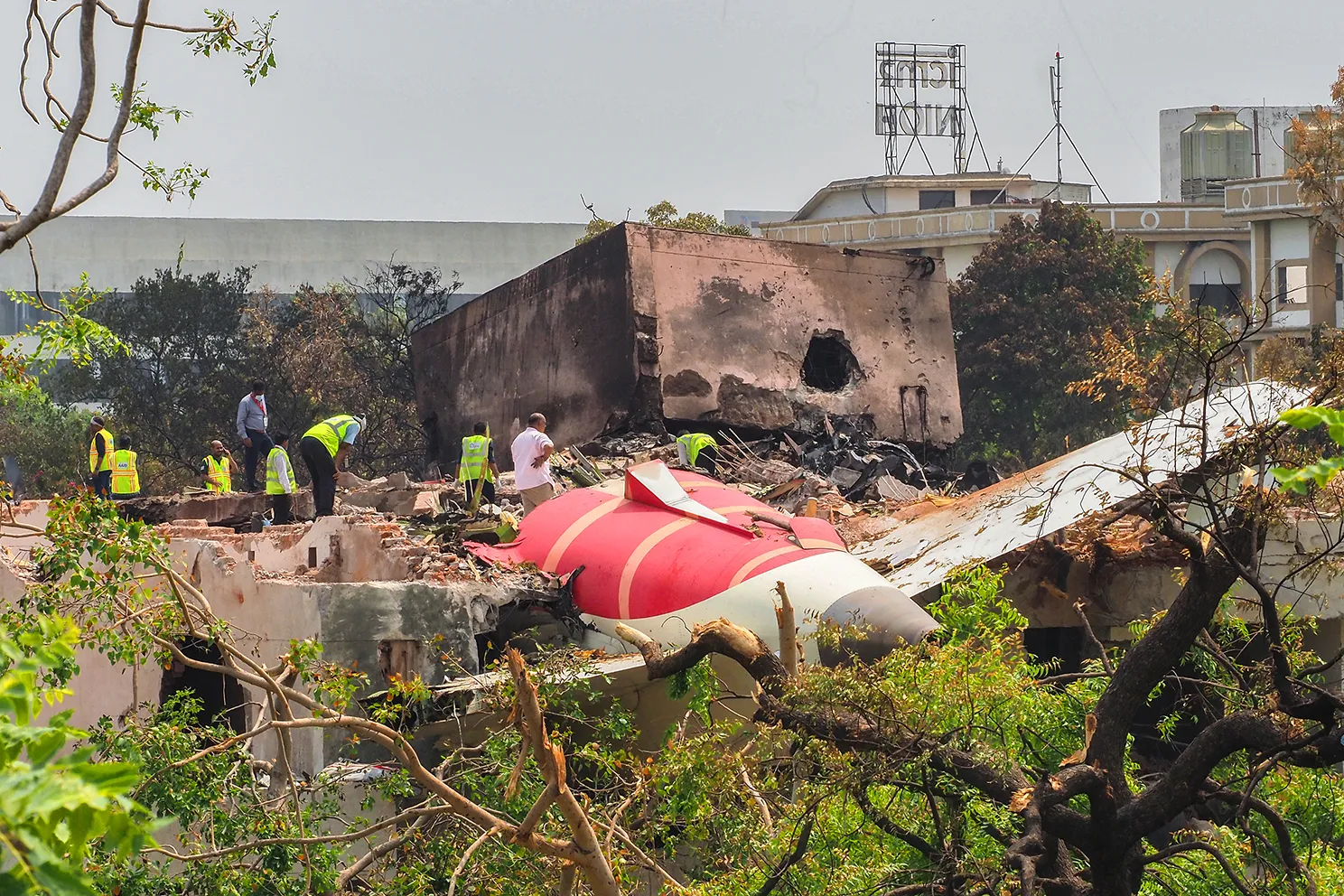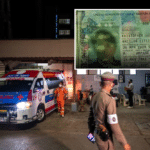NEW DELHI – Just days after the Air India-171 crash, which claimed over 270 lives, investigators from several countries are working to understand what caused the disaster. There is still no clue about the source of the problem, and it could be months before the truth comes out.
The Tata Group, which owns Air India along with brands like Jaguar Land Rover and Tetley Tea, now faces a tough period. The crash has come at a time when the airline was starting to show signs of a successful recovery.
Since the Tata Group took over Air India from the government in 2022, the airline has started to turn a profit, increase revenue and reduce customer complaints. Issues such as poor service, problems with in-flight entertainment and delays hadn’t vanished, but there was hope that these were part of the wider restructuring as the airline combined with other carriers.
Visible changes had started to appear, too. Some planes got a fresh look inside and out, new A-350s joined the fleet for important routes, and a large order was placed to bring in new aircraft. All of these moves aimed to help Air India meet the demands of India’s busy aviation market.
After years of decline under government ownership, Tata announced earlier this year that Air India was in the “final climb” of its transformation, working towards world-class status. The recent crash has now cast doubt over this progress.

Public Trust in Air India
Public trust in the airline has taken a hit. Many people spoke of never flying Air India again, even though the airline and its Dreamliner planes have a good safety record. Experts say this reaction is common after a disaster of this scale. If passengers lose confidence, the airline’s turnaround plans could slow down.
Other recent incidents, such as suspected engine problems and a false bomb threat on a flight from Phuket to Delhi, add to the airline’s troubles.
Jitendra Bhargava, a former Air India executive, believes there will be a short-term dip in bookings as people stay cautious. Shukor Yusof, an analyst at Endau Analytics, told the BBC that bookings are already being cancelled.
He pointed out that Air India has always been hard to fix due to old problems and debts. The company may need more time to recover from this tragedy than it expected.
Yusof also said Air India will now have to focus on dealing with insurance claims, legal matters and repairing its reputation. He compared the situation to Malaysia Airlines after its two tragedies in 2014, which needed ten years to return to profit. He added that while Air India deals with the aftermath, other airlines in India could benefit from the country’s growing air travel.
Operational pressures are already visible. Air India has decided to cut international flights on its wide-body planes by 15% until mid-July while it carries out extra safety checks and manages new airspace limits.
Crash Investigation Continues
The investigation into the crash is ongoing, with authorities from the UK, US and India all involved. The airline is now under the spotlight worldwide. Aviation expert Mark Martin expects questions about how Air India maintains its aircraft and what has been done to update its older planes.
Mitu Samar Jha, who advises companies on risk and reputation, says the most important step after a crisis is to act quickly and keep the public informed. Air India must focus on clear and honest communication. She added that companies often act behind the scenes but forget to give regular updates, which can lead to misunderstandings and damage their public image.
Experts agree that how Air India communicates now will play a big role in restoring its reputation.
Air India’s CEO Campbell Wilson has said the airline will work with investigators and offer help to the victims’ families. Tata Group chairman N Chandrasekaran also spoke with employees, urging them to stay strong and use this moment to improve safety.
Aviation consultant Sanjay Lazar told the BBC that Air India has some of the best pilots and engineers. India’s regulator has ordered tighter checks on all the airline’s 787 Dreamliners, which may help reassure customers. He added that airlines often become extra careful after a crisis, following every rule to the letter.
The Tata Group also works closely with Singapore Airlines, which many people see as one of the world’s top carriers. This partnership could help Air India recover in the long run.















